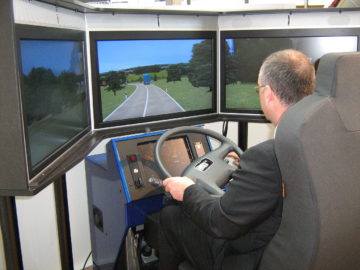by Jochen Szangolies

The simulation argument, most notably associated with the philosopher Nick Bostrom, asserts that given reasonable premises, the world we see around us is very likely not, in fact, the real world, but a simulation run on unfathomably powerful supercomputers. In a nutshell, the argument is that if humanity lives long enough to acquire the powers to perform such simulations, and if there is any interest in doing so at all—both reasonably plausible, given the fact that we’re in effect doing such simulations on the small scale millions of times per day—then the simulated realities greatly outnumber the ‘real’ realities (of which there is only one, barring multiversal shenanigans), and hence, every sentient being should expect their word to be simulated rather than real with overwhelming likelihood.
On the face of it, this idea seems like so many skeptical hypotheses, from Cartesian demons to brains in vats. But these claims occupy a kind of epistemic no man’s land: there may be no way to disprove them, but there is also no particular reason to believe them. One can thus quite rationally remain indifferent regarding them.
But Bostrom’s claim has teeth: if the reasoning is sound, then in fact, we do have compelling reasons to believe it to be true; hence, we ought to either accept it, or find flaw with it. Luckily, I believe that there is indeed good reason to reject the argument. Read more »
